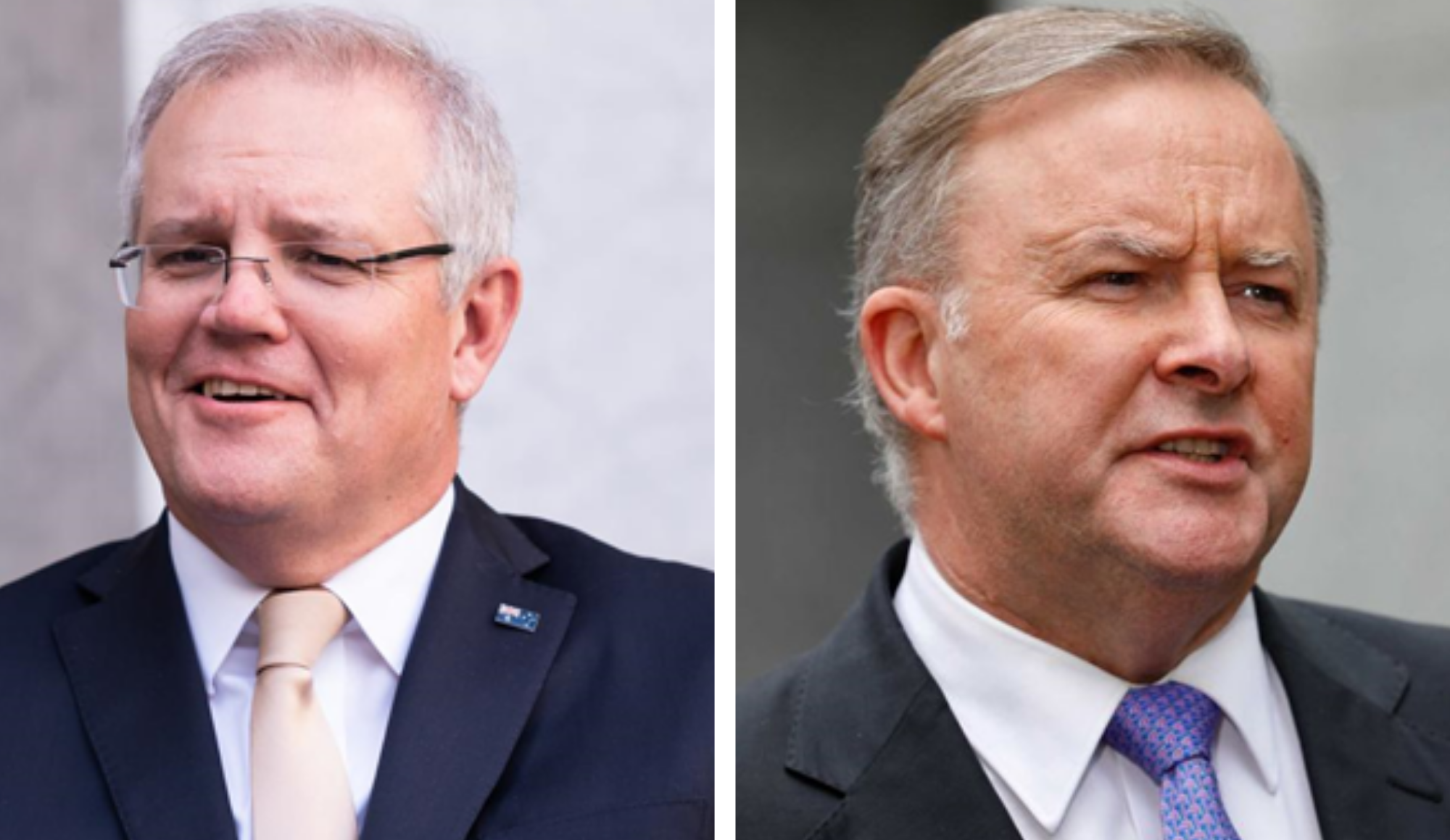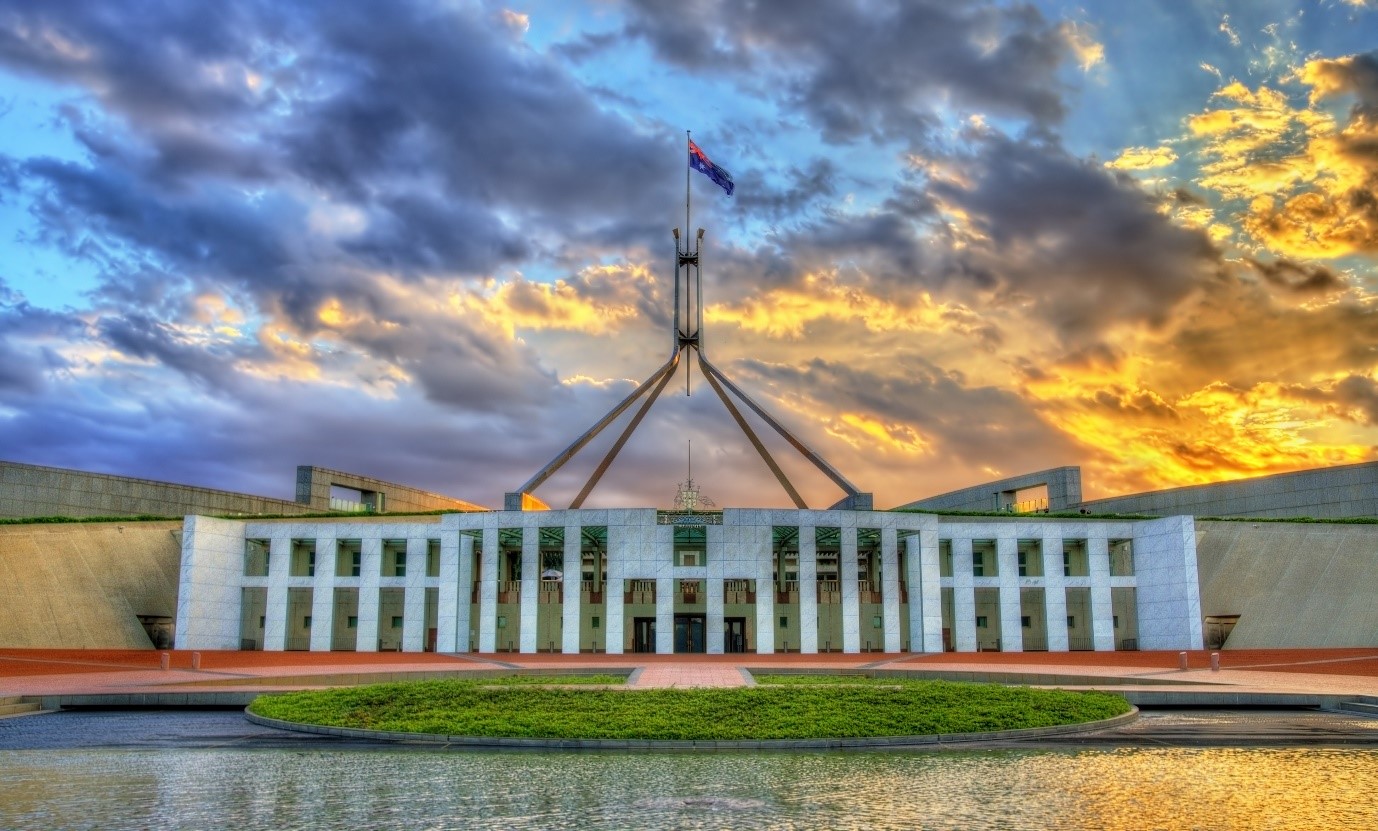This week marks one-year since the Coalition Government’s 2019 Election victory led by Prime Minister the Hon Scott Morrison MP. Nexus has taken this as an opportunity to reflect on the 46th Parliament and what we have since learnt about the Morrison Coalition Government and the Albanese Labor Opposition.
The first full year of the Morrison Government has seen an unprecedented series of events occur: the bushfire crisis and global outbreak of the COVID-19 pandemic.
This has forced the 46th Parliament to contend with many unknowns as well as fundamentally change its operation to ensure the safety of all Parliamentarians and their staff.
However, despite changes to the current political environment, the first year of the 46th Parliament has had seen significant health and economic reforms passed, with a more collegiate approach from Members when dealing with overarching issues of national importance.
With this in mind, here our thoughts on the 46th Parliament, one year on from the 2019 Federal Election.
ADAPTABLE MORRISON
For keen political observers, the Prime Minister’s adaptability has been one of the key takeouts from the 46th Parliament’s first year.
An article written by the Guardian’s Katherine Murphy (which you can read here) highlights how the Prime Minister has adapted to a fluctuating political and economic environment, in which Australia has faced many tests both abroad and at home.
Mr Morrison is described as a ‘protean’ – able to adapt and change based on the situation he is in – an effective characteristic and one that adds to his relatability with middle Australia.
While maintaining a firm grip on his leadership, there has notably been some friction points within the Nationals Party, who have had their own challenges during the 46th Parliament’s first year.
The Nationals have faced several changes, including the former Deputy Nationals Leader, Senator the Hon Bridget McKenzie stepping down at the beginning of 2020, as well as a Nationals leadership ballot that followed. Added to this, the pre-selection race in Eden-Monaro and the appointment of former Nationals MP, the Hon Llew O’Brien MP as Deputy Speaker.
On this point, the Prime Minister’s adaptability has held him in good stead – a characteristic that will be key over the next two years of his Prime Ministership as he navigates the national economic recovery and any internal and external pressures that will inevitably arise.
NEW LOOK LABOR TEAM BUT SAME PLAYERS
Following the 2019 Election loss, Labor has been in a rebuilding stage, with the party’s policy agenda currently being formulated.
With former Opposition Leader, the Hon Bill Shorten MP, stepping down as leader, long-time aspirant the Hon Anthony Albanese MP stepped up, with Shadow Minister for Defence, the Hon Richard Marles MP being elected Deputy Opposition Leader.
Understandably, the Opposition’s ‘cut through’ has been less potent then he may have hoped given a media cycle dominated by COVID-19. However, Mr Albanese has proved himself a willing and effective partner with Government in formulating a national response to COVID-19.
With Mr Albanese now as Leader, there has been a clear change in the Labor Party’s approach to political tactics, branding himself as the ‘Labor Leader’ as opposed to the ‘Opposition Leader’. Mr Albanese’s goal in Opposition is not to oppose for opposition’s sake, with the Member for Grayndler trying to stick to Labor Party principles.
This change in approach has been clear in Question Time, with Labor Members asking pointed and specific questions regarding Government policy. This tactic has proved relatively successful with Mr Albanese been able to utilise Question Time to hold the Government to account.
Although the first year for the Albanese Labor Opposition has been relatively low-key, there may be challenges ahead for the Member for Grayndler and his Labor team.
With COVID-19 bringing life into focus for many people, senior Labor MPs and Senators, many of whom have spent over a decade in Parliament, may think of bringing forward their departure from Parliament. Former Member for Eden-Monaro, the Hon Dr Mike Kelly AM, MP was the first to go, with speculation that more of his colleagues may follow.
2020 CRISES MEAN GOVERNMENT AGENDA IS ON HOLD
With 2020 being dominated by the bushfire crisis and the COVID-19 pandemic, little attention has been paid to the Morrison Government’s broader Policy Agenda.
An argument levelled at the Prime Minister by the Opposition during and after the Election Campaign was that his policy platform was primarily focussed on tax cuts and infrastructure projects.
However, with the Prime Minister aiming for a return to normality, focus will soon turn to the Government’s policy agenda, now defined by an economic restart centred on the existing $100 billion infrastructure package, along with deregulation and additional expenditure in health, education, and particularly domestic tourism.
However, with Australia’s relationship with China slightly derailed, the Government will need to be conscious that further economic shocks may impact investment in the Australian economy.
It remains to be seen what exactly the broader agenda will be, but one thing is for sure, it will certainly be much different to what the Prime Minister and his team initially envisaged after the 2019 Federal Election.
Latest posts by Nexus APAC (see all)
- United Kingdom General Election 2024: An Overview - April 15, 2024
- Australian Voters Go to the Polls - February 26, 2024
- Secretaries of Federal Departments – An Overview - February 1, 2024



